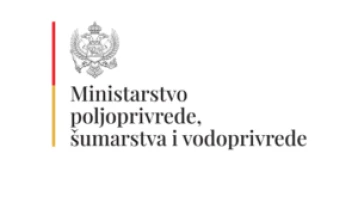Yugoslavia and Macedonia unemployment recorders
- Yugoslavia and Macedonia unemployment recorders
- Post By daniloc
- 13:04, 3 avgust, 2001

According to the survey of Austrian Institute for international economic studies, recorders of independence till the end of this year and in the next year would be FR Yugoslavia and Macedonia. In Croatia, unemployment could reach 23%, while Bosnia and Herzegovina, as a "unique case" is still not a subject of economic analyses. Negative trends in economy are expected in all states - candidates for admittance in the EU.
Average unemployment in FR Yugoslavia and Macedonia in this and next year, regardless of the raise of gross social product of 5% would be 30-32%. In Croatia, unemployment would be about 10% lower, although its annual increase would still be 10%, state the experts of Austrian Institute for international economic studies. For Bosnia and Herzegovina, which as a "unique case" is still not the subject of international economic analyses and comparisons, local surveys and estimations are applied and they state that the unemployment would remain above 40%.
"Demon flying above Western Europe" for more than a decade (about 15 million unemployed) would soon invade the states - candidates for full membership in the European Union. Average unemployment in these states would be more than 13% till the end of this year, and in the next year it could be higher than 13.5%. Increase of unemployment could happen if general conditions of economy continue their negative trends after finalization of the privatization process, from which the greatest amounts of cash flowed in the state budgets. According to the same study, the most developed states of the Central and South-eastern Europe, like Slovenia, which are deep in the process of adjustment for full membership in the Union are to reach present average of gross social product of the European #fifteen# in 2015. That can happen although all states in transition have higher rate than EU members for the second year in turn. For 15 years, the Czech Republic would reach only 78% of the EU average, Hungary 725, Slovakia 65% and all other candidates would remain on about 50% of the average, except Rumania and Bulgaria which would reach a low 30 - 35% in 2015 of the average development of the European #fifteen#.
Such variety in economic development of possible members of EU could be, according to the analysis of Austrian experts, the greatest restraint for the designed integration process, whose final calendar has been already made by European "idealists" and "federalists". Official opening of the series of receptions was scheduled for the beginning of the year 2005, whose unstoppable nearing can hardly be slowed down by any analysis of economic experts and "Eurorealists".
The worsening of the economic situation of states - candidates, according to the estimation of Austrian Institute for international economic studies, could "significantly" induce further slowing of economic growth in EU states. That could additionally slow down the export to EU of states in transition, increase trade deficit and endanger their present "relative balance of national budgets".












